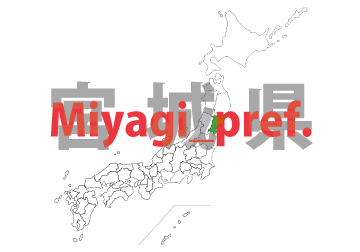
Miyagi Prefecture — Proud Legacies and Gentle Landscapes in Harmony
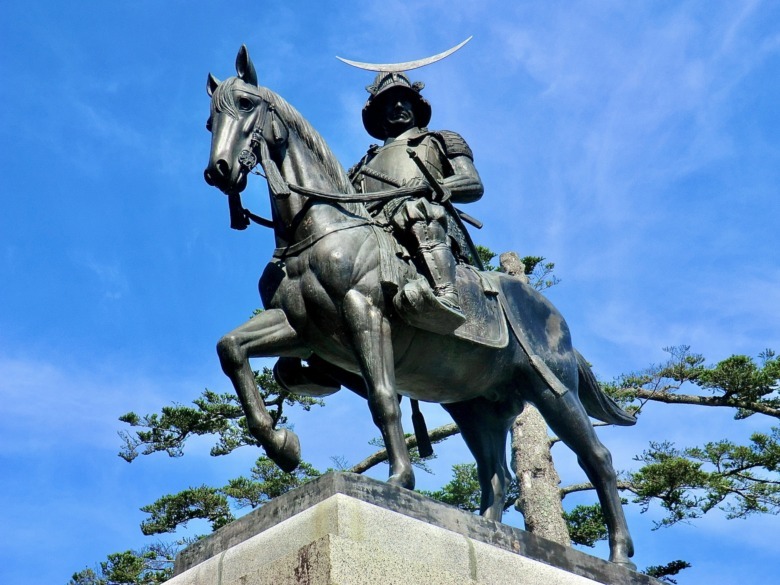
DATE Masamune
Centered around Sendai City, Miyagi Prefecture offers an elegant blend of rich history and breathtaking natural beauty. From the timeless splendor of Matsushima Bay, one of Japan’s three most scenic spots, to the majestic Zaou Mountain Range(Miyagi Zaou) and the healing waters of Naruko Onsen, Miyagi invites visitors into a world of both vitality and tranquility.
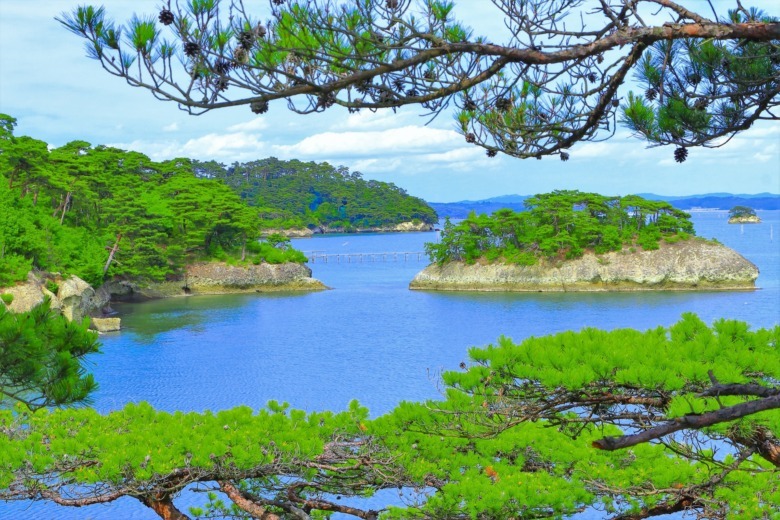
matsushima
The spirit of the samurai endures in the remnants of Sendai Castle (Aoba Castle) and the ornate Zuihouden Mausoleum, built in honor of the great warlord DATE Masamune. Throughout the year, vibrant festivals like the Sendai Tanabata Festival animate the region, while traditional crafts and shrines reflect the area’s deep historical roots.
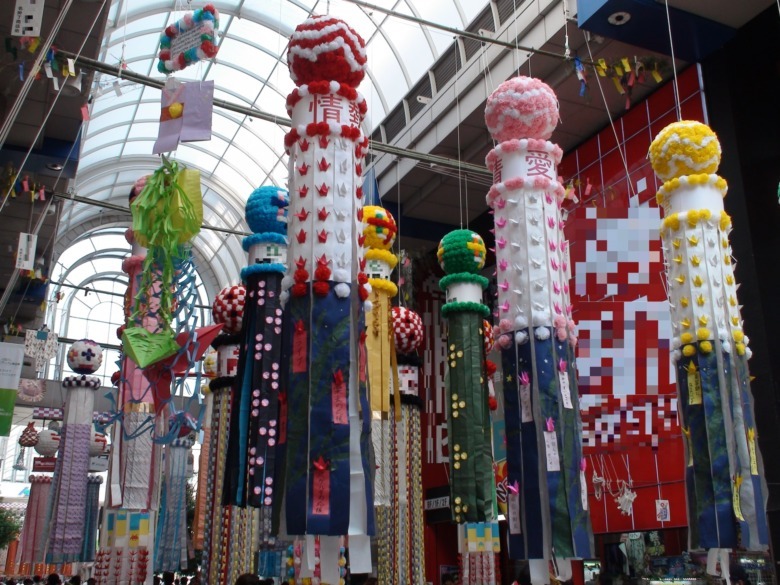
sendai tanabata
Miyagi’s cuisine also shines with coastal treasures such as fresh oysters and sea urchin, alongside specialties like gyuutan (grilled beef tongue) and sweet zunda mochi. Autumn brings the beloved seasonal dish harako-meshi, a delicious rice bowl topped with salmon and roe. Renowned onsen(hot springs) such as Naruko, Akiu, and Sakunami offer further relaxation and rejuvenation.
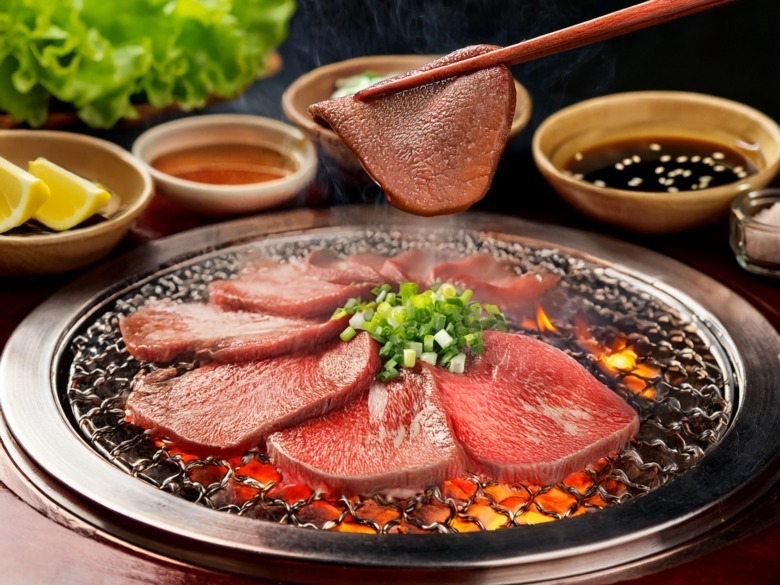
gyuutan yakiniku

zunda mochi
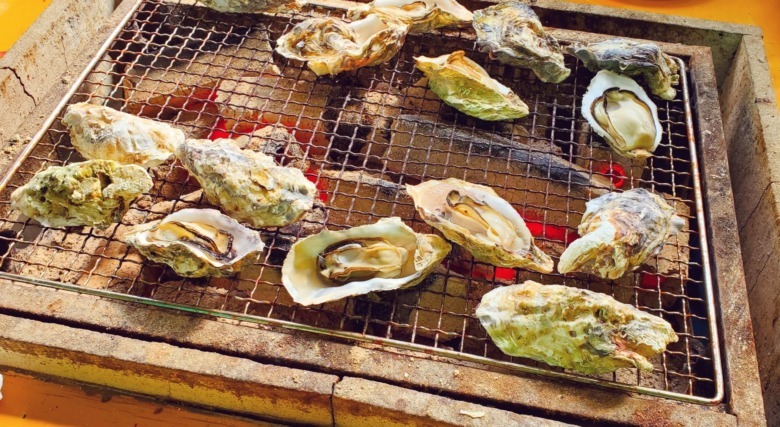
Kaki goya (Oyster cabin)
Easily accessible in about 90 minutes by bullet train from Tokyo, Miyagi’s people are known for their warmth, kindness, and strong sense of hospitality—the true spirit of Touhoku.
In the world of traditional songs, “Koujyou no Tsuki“ stands as one of the most iconic pieces, with lyrics penned by DOI Bansui, a native of Sendai, and melody composed by TAKI Rentarou. Evoking the ruins of Sendai Castle beneath the quiet moon, the song captures both the fleeting nature of glory and the serenity of night, earning its place among 100 Best Japanese Songs.
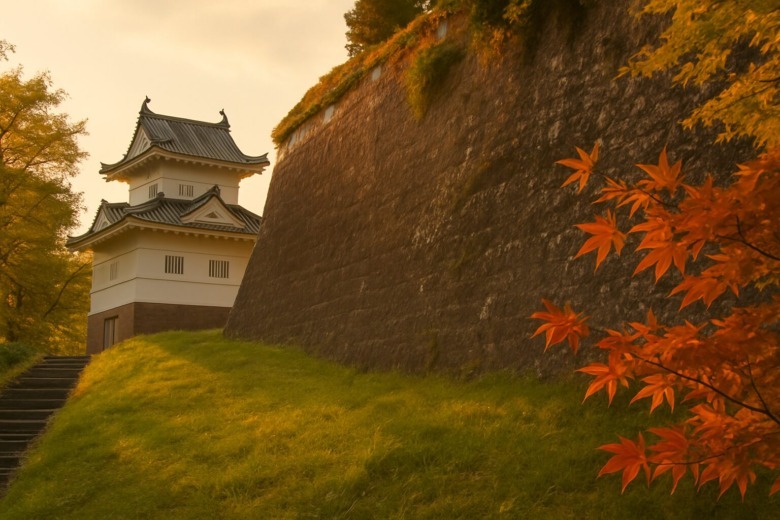
sendai aobajyou (Ruins of Sendai Castle)
Miyagi Prefecture has nurtured many other figures associated with cherished songs. MASUKO Toshi, born in Sendai, wrote the gentle “Omoide no Album“, a song reflecting on the precious memories of everyday life. NOUSHO Benjirou, also from Sendai, created the lyrics for “Usagi to Kame” (“The Hare and the Tortoise”), a fable known to generations of children across Japan.
Moreover, AOKI Nagayoshi, hailing from Miyagi, penned “Donguri Korokoro“, a lively and beloved song that captures the joyful essence of nature. His playful lyrics bring to life the richness of Miyagi’s lush landscapes.
Through its contributions to music as well as history and natural beauty, Miyagi continues to resonate with melodies that gently carry the spirit of its proud traditions.



